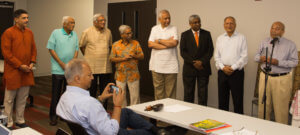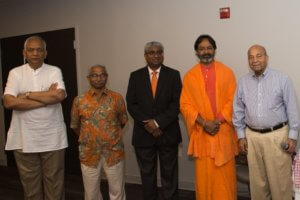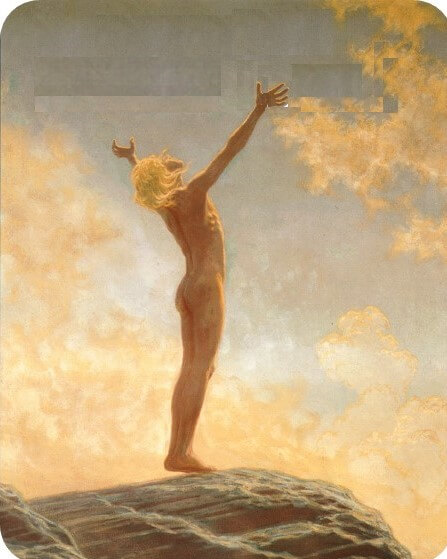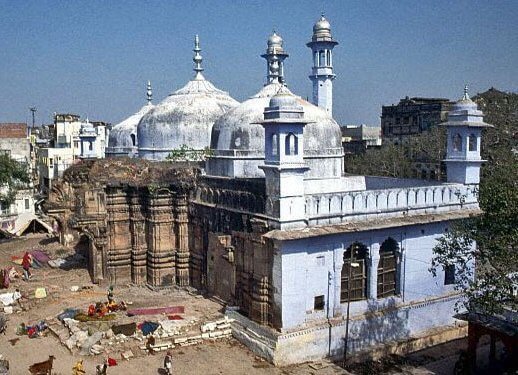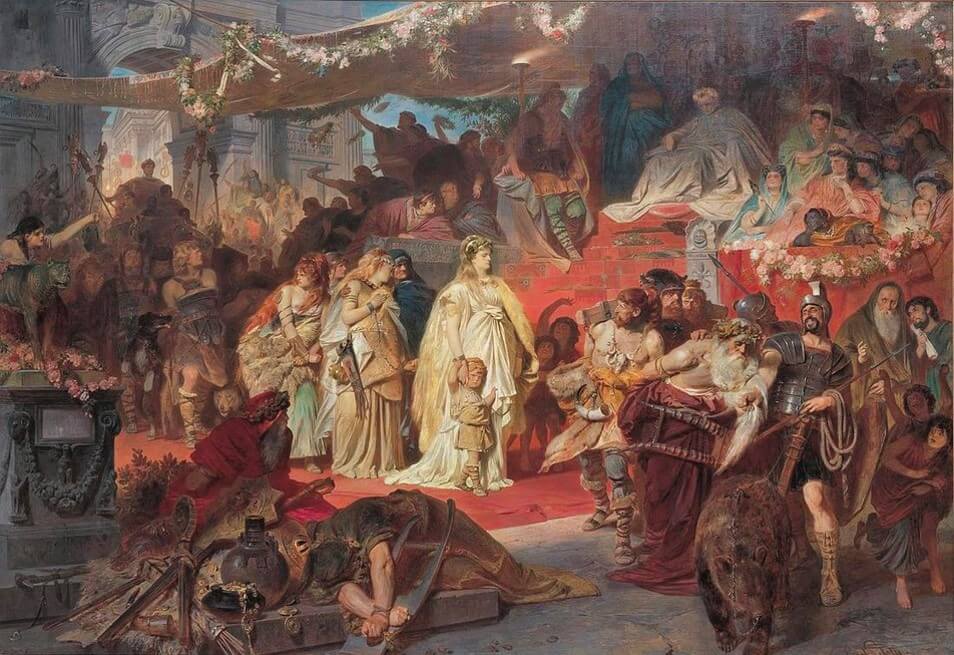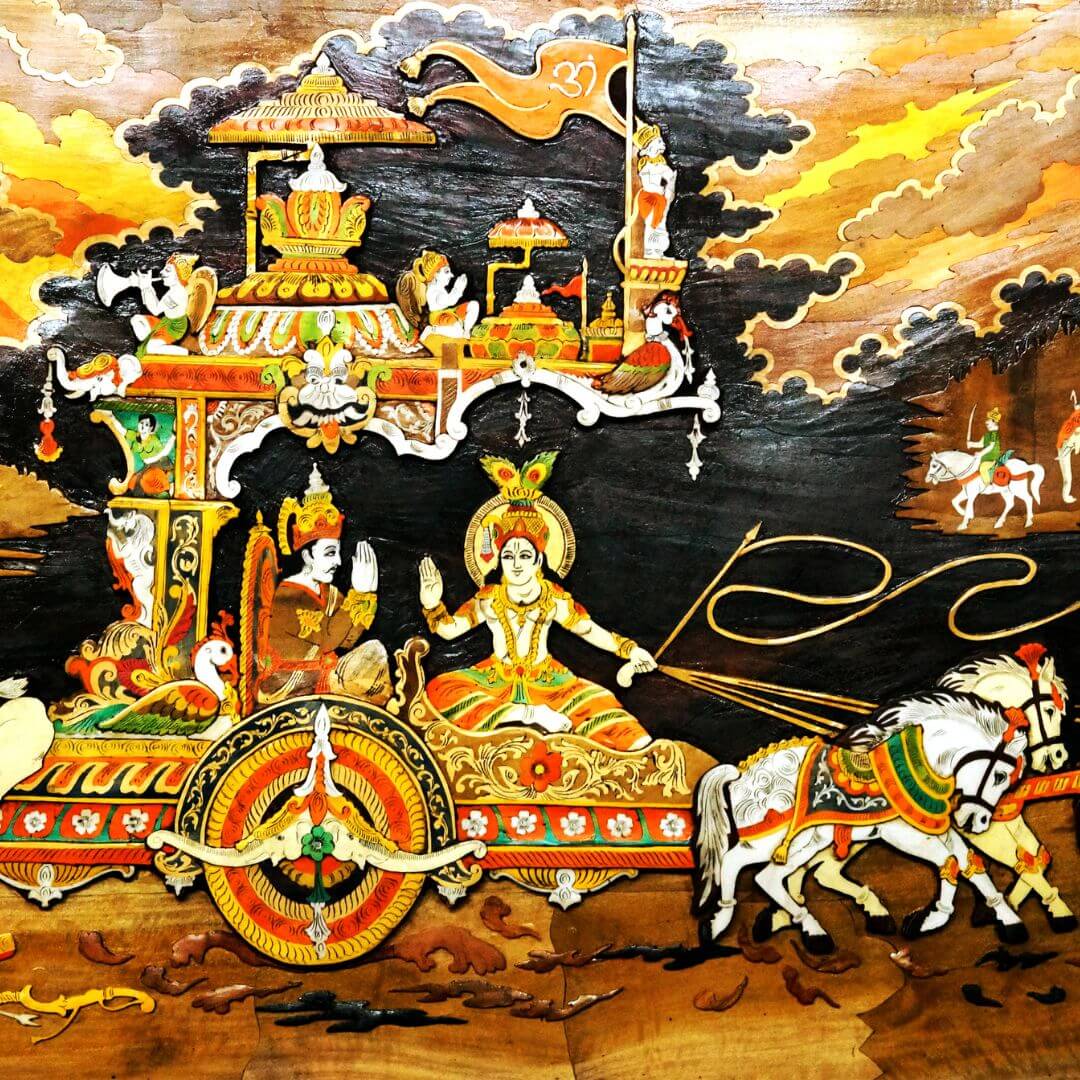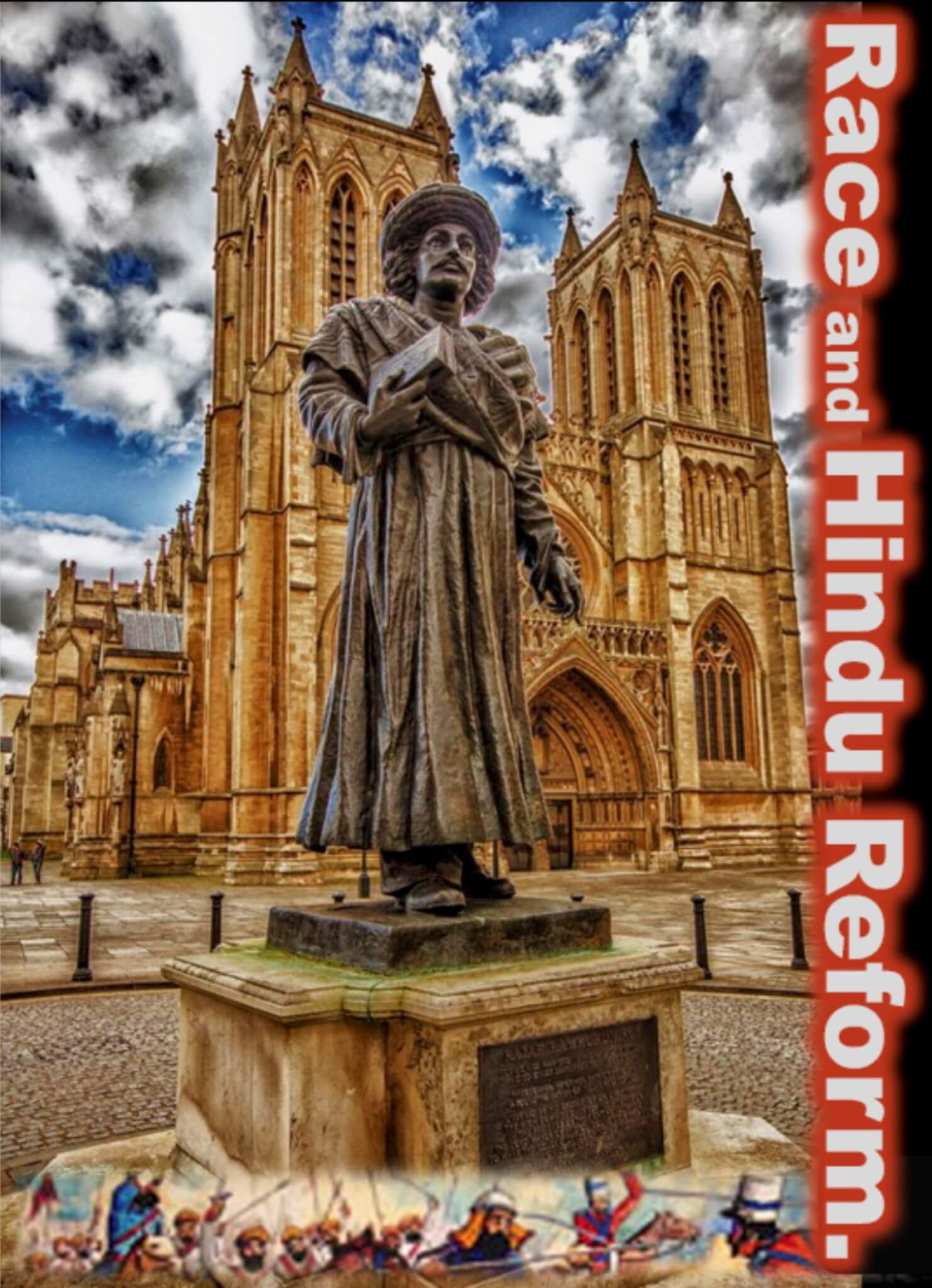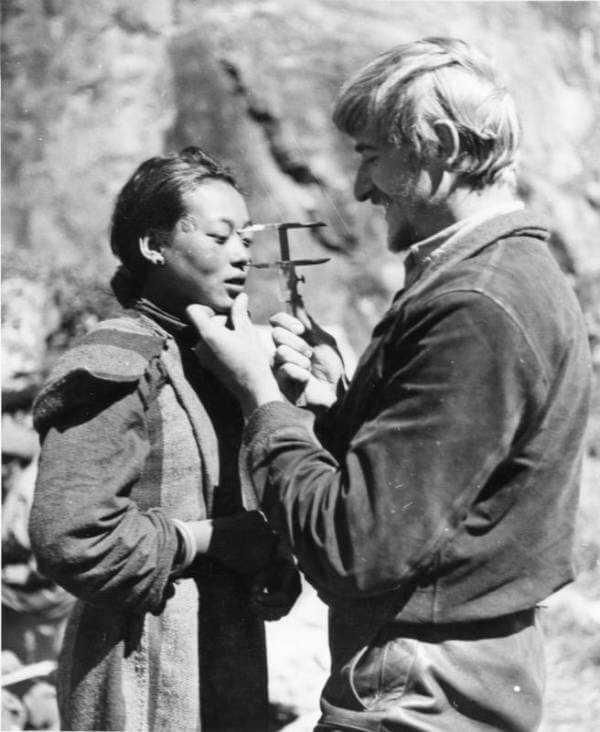The Certificate program in Hindu Studies (CPHS). HUA prepares Students to engage with the world as a Hindu with confidence and clarity. Along the way, it also aims to develop in the student a lifelong love for service and contribution. At the end of the program, students will be informed, empowered, and inspired by the possibilities of living a deeply fulfilled life as a Hindu, and making a real difference in the world.
As Students discover the range and depth of Hindu thought, its uniquely awesome cosmology, and clear up some of the misconceptions and erroneous narratives that they have inherited, they will find themselves being profoundly transformed, naturally creating new realms of self-expression, and new possibilities for who they can now be in the world.
Program Learning Outcomes:
At the end of this Certificate Programs in Hindu Studies, Students will:
- Clarify the Hindu Paradigm, having acquired an overview of Hindu principles, practices, values, history, philosophy, society, culture, traditions, and civilization.
- Articulate the contemporary relevance of Hindu thought and contribute its value to the Hindu community as well as to humanity in general.
- Apply their learning to think from a Hindu context and develop strategies for the preservation and transmission of Hindu thought across the generations.
- Create new pathways for service, leadership, and global engagement from a Hindu context, and new realms of self-expression for themselves.
- Contribute with confidence and clarity, in unique and innovative ways towards fostering the culture and traditions of Hindu Dharma.
Program Context
Being successful in our professional lives, as a Doctor, Engineer, Business person, Entrepreneur, or a Lawyer and so on, equips us with a basic ability to compete effectively in the contemporary economy, to survive and succeed in the world. But it does not necessarily address a deeper dimension of human possibility i.e., the spiritual or the Adhyatmika realm.
In each of us lies dormant a need and a desire for deeper engagement with the world, to contribute, to make a difference and be of service in a profound and meaningful way. In each of us lies as yet unfulfilled the potential for leadership and global impact, sometimes even as yet unimagined.
In every one of us without exception there lies the possibility of going within, exploring the realms of deeper levels of consciousness, and transforming our connection and relationship with the cosmos itself, manifesting the perfection and possibilities that already lie within us. These are the realms of Dharma and Moksha, the unique dimensions of Hindu thought.
What is the purpose of our human existence? Does it have one? What does it mean to live a successful life? What is the source of deep fulfillment and contentment in our lives? What is Dharma? What is our Svadharma? How do we ensure that we fulfill the unique purpose and opportunity of our lives? How do we even discover it? Have we exhausted the possibilities of being alive already? How has Hindu Dharma addressed these questions?
In the Certificate Programs in Hindu Studies, Students will engage with these questions in a deep and authentic way, as they prepare themselves for service, leadership, and contribution, and for making a deep and lasting impact in the communities in which they live, as well as the world in general.
Whether you are interested in writing, speaking, and teaching, in counseling and healing, in social work, media or the performing arts, in education and curriculum development, in providing leadership in your communities, working with youth or in inter-faith domains, or simply engaging with schools and colleges, and the institutions of our contemporary world, or being of service in some other vital way, the Certificate Programs in Hindu Studies, will empower and enable you in your life’s journey.
This program will take work, commitment, and the ability to sustain your interest through several quarters. But what you will accomplish at the end, who you will become in the process, and all the new aspirations and possibilities that you will create for yourself, that you didn’t even know that you had, will transform you in an amazing and inspiring way. You will go beyond your real or perceived limitations, capacity and capabilities, and may even sustain and nurture the continued relevance of Sanatana Dharma for posterity as its ambassador.
Structure of the Program:
The certificate programs consists of a total of 24 credit hours of coursework. It can be completed at the earliest in 8 quarters, if the students can take 3 Credit hours per quarter, or more slowly over time, in any case, under five years. Students must take at least 15 Credit hours from the Core Courses in the Certificate programs. They may complete the remaining 9 credit hours by taking any set of elective courses from the community education program.
Pre-requisites:
The students must have completed the Orientation to Hindu Studies course minimally and must demonstrate a deep interest in service, contribution and making an impact from within a Hindu context, in order to be admitted into the Certificate Program in Hindu Studies. Students who have not taken the Orientation to Hindu Studies course, may enroll into the Certificate Program in Hindu Studies, with the understanding that they will register into the course immediately.
Who will benefit?
This program can benefit everyone who is interested in living a life of service and contribution, who wishes to engage with the communities in their lives in a meaningful way, in a Hindu context. It applies to all those who wish to reconnect deeply with their own Hindu cultural roots, develop a deeper understanding of their own unique place in the world.
For Non-Hindus who have developed some level of curiosity and interest in the Hindu world, this program will deepen their engagement with that world, and open up entirely new possibilities for contribution and service.
List of courses
The list of Courses available for Students as part of the Certificate Program in Hindu Studies is listed below. Each course is designated as a Core course or an Elective course. These courses may be taken in any sequence, as long as the student first completes the Orientation to Hindu Studies course, at the very beginning of the program.

CPS2003 – (C.P.H.S – Elective Course) This course explores how the modern quest for sustainability relates to the eternal search ...
Read More
HSF2102 - (CPHS - Core) In this course, we will take an inward journey to discover that one was always ...
Read More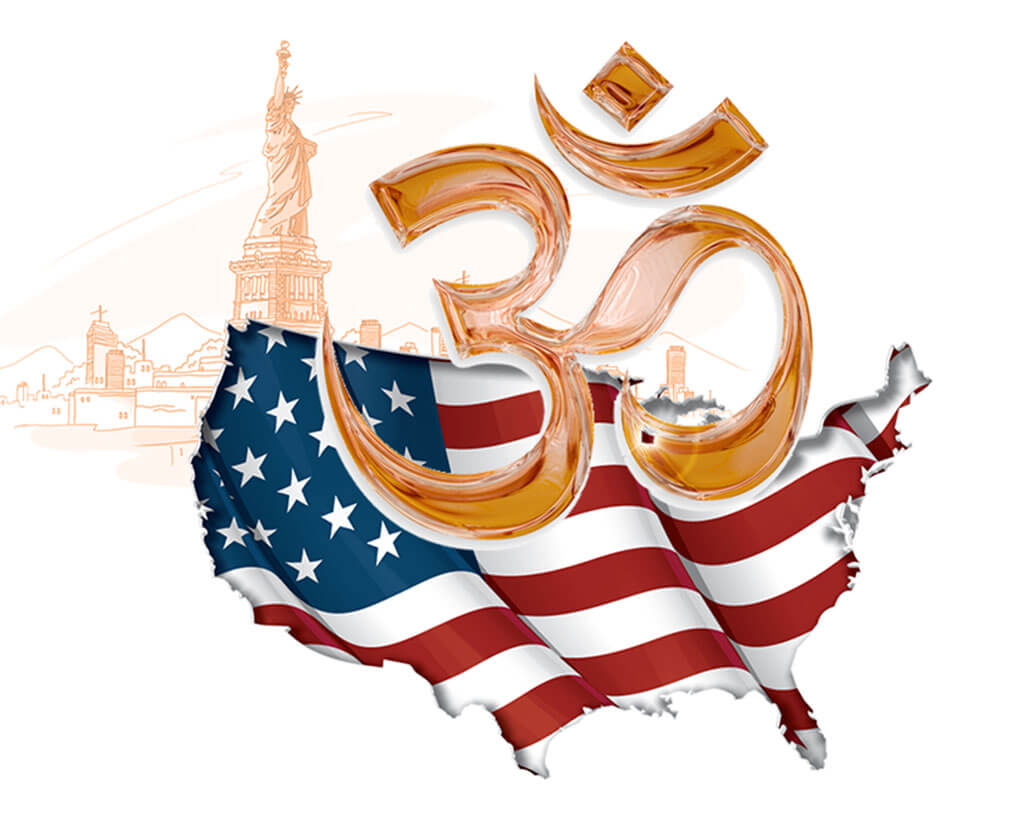
HAM2100 – (CPHS – Core Course) How Hindu Dharma Transformed America - This course explores the history and impact of ...
Read More
HAM4201 – (C.P.H.S – Core Course) This course is the first of a two-quarter course sequence that examines the scientific ...
Read More
HAM4202 – (C.P.H.S – Core Course) Reconstructing Hindu History - The Omissions course is the second of a two-quarter course ...
Read More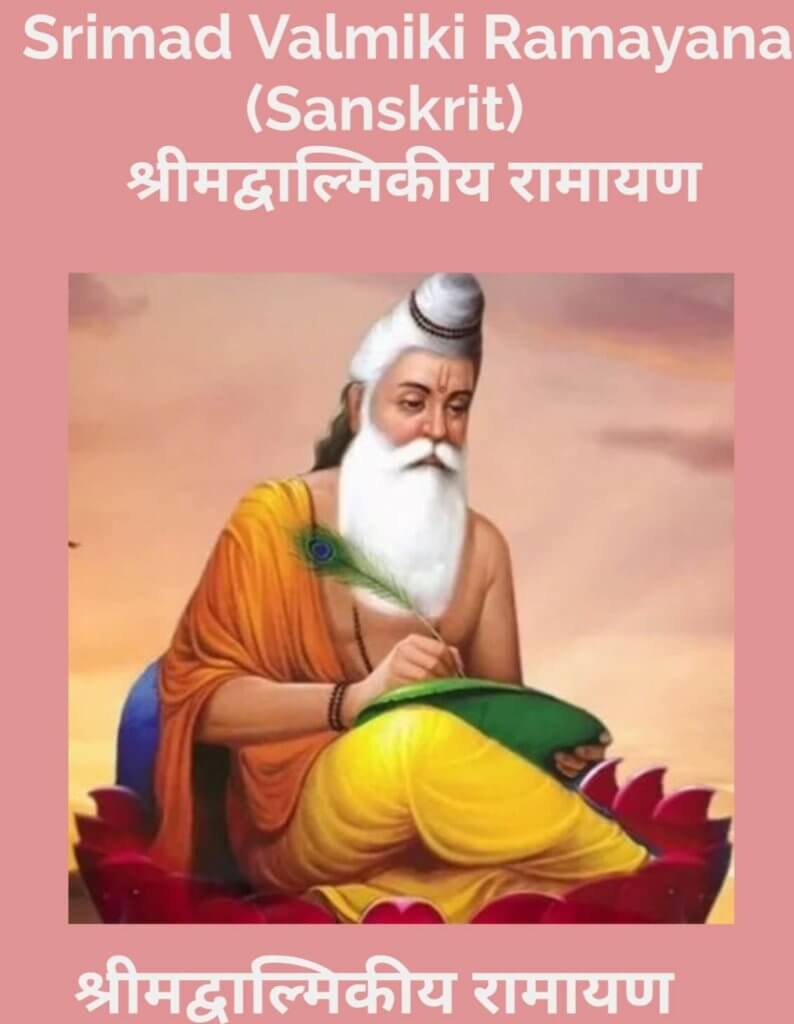
HSF1005 – This course will enable students to get a well-versed understanding of the story, lessons, and teachings of one ...
Read More
HSF1006 - This course will help the teenagers and parents get a well-versed understanding of the story, lessons, and teachings ...
Read More
HSF1007 – (C.P.H.S – Elective Course) This course, targets an age group of 18-35 and will explore the question – ...
Read More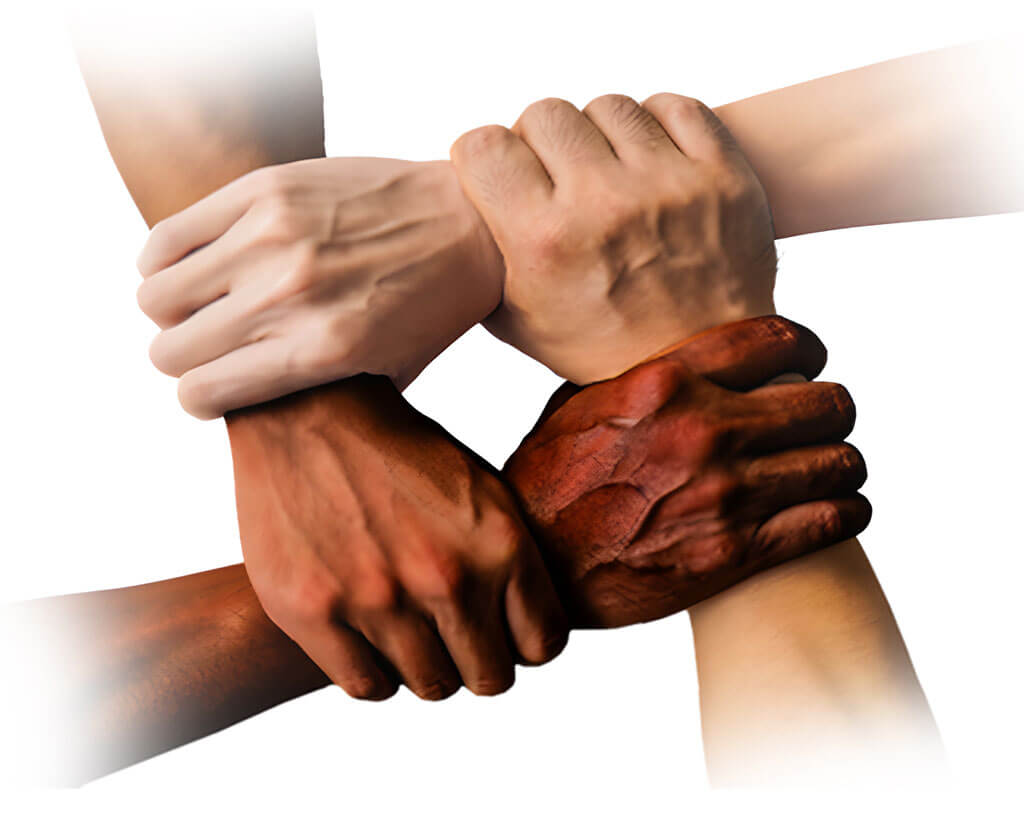
HSF4000 - (CPHS - Core Course) The Caste System invites both persistent international discourse as well as relentless intervention. This ...
Read More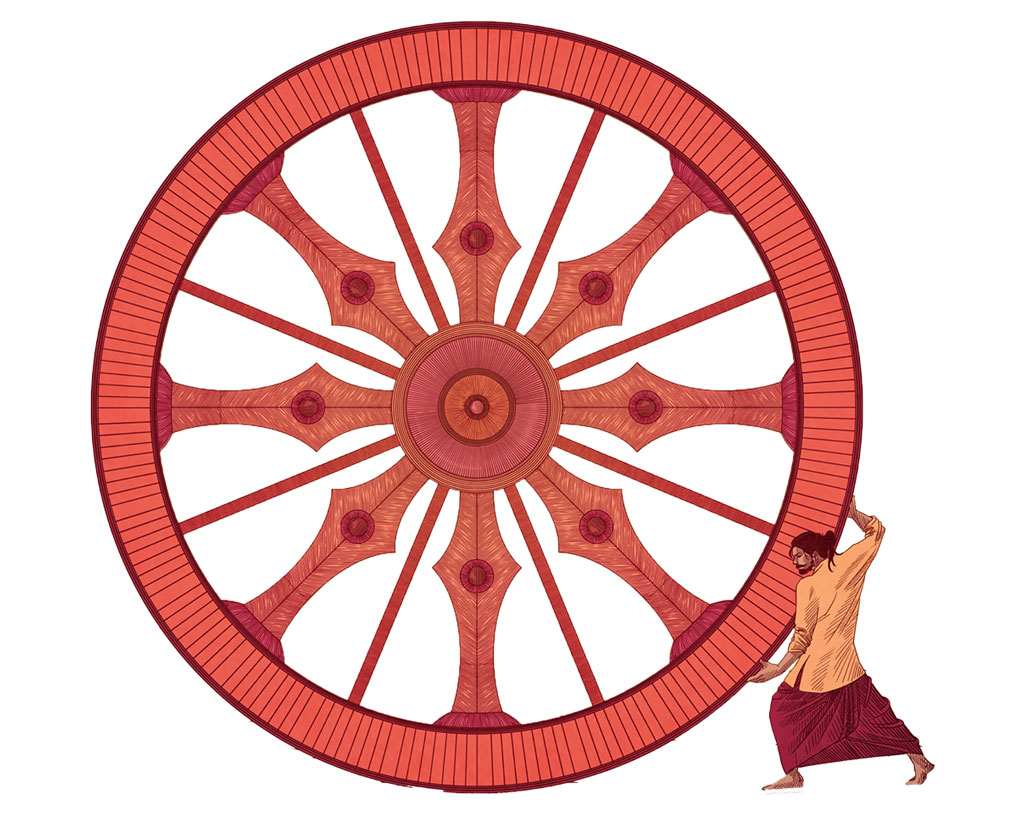
HSF1101 – (CPHS – Core Course) A practical guide to – living our svadharma. Living in the contemporary world is ...
Read More
YOG4000 - Most people think of yoga as something done on a yoga mat in a yoga studio, and mostly ...
Read More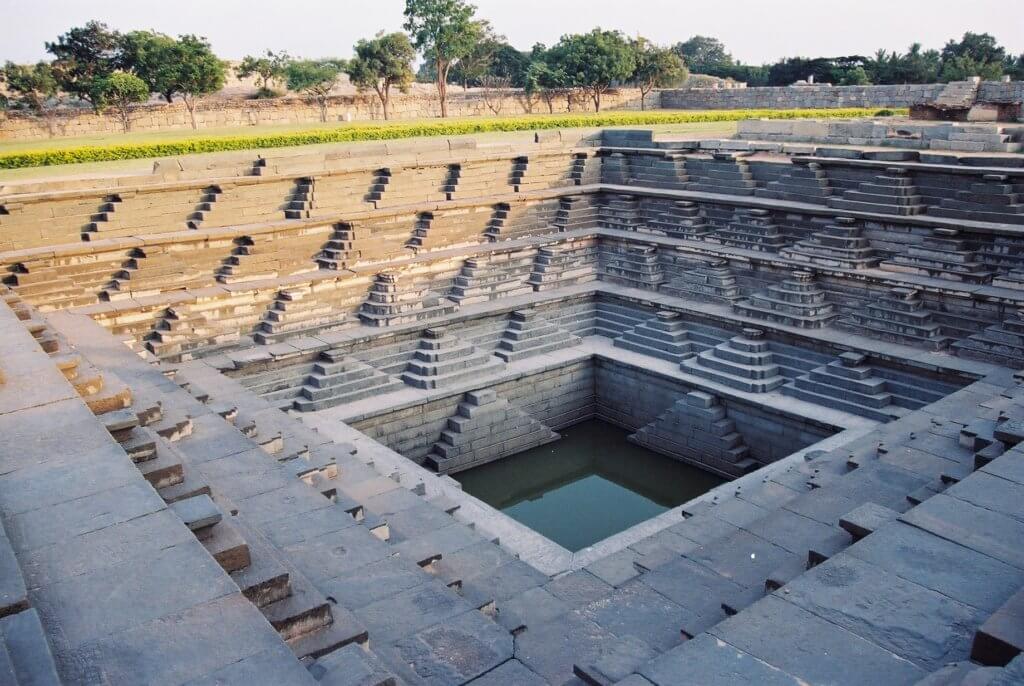
HSF1000 - This course brings to life the central ideas and concepts that constitute the building blocks of Sanatana Dharma ...
Read More







